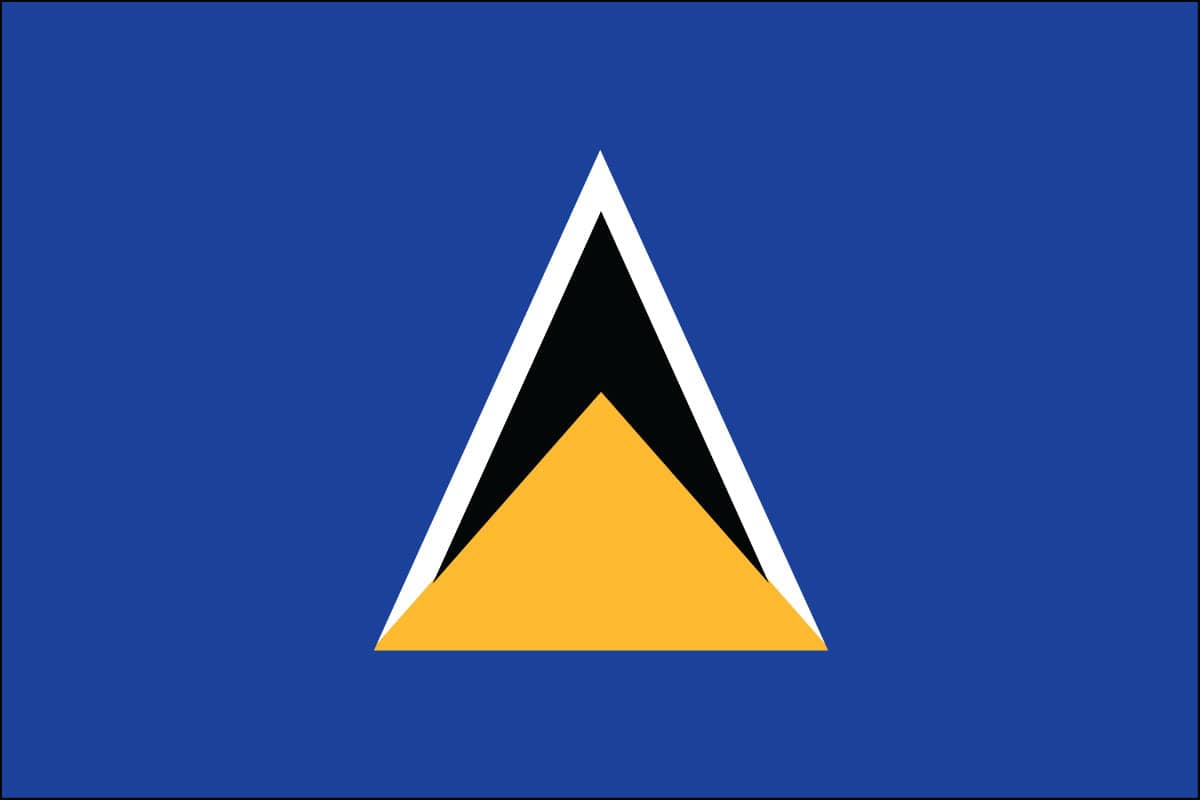Country Wiki

The wiki profiles provide an overview of a country's policy on cybercrime and electronic evidence. Every fiche includes a description of cybercrime policies/strategies, the state of cybercrime legislation, the channels of cooperation, international cooperation and case law.
For more information on a country's legislation, click on the legal profile in each country wiki.

Cybercrime policies/strategies
Saint Lucia adopted a National ICT Policy and Strategy in 2013, which constituted of a five-year plan to improve access to information and communications technology. No specific strategy on cybercrime has been adopted since.
Cybercrime legislation
State of cybercrime legislation
The main legislation concerning cybercrime is the Computer Misuse Act (2011).
Substantive law
The Computer Misuse Act (2011) and Criminal Code (2004) contain several terms that define computer system as envisaged under Article 1 of the Budapest Convention. Other definitions, such as data, service provider, information and communication service, traffic data, subscriber and subscriber information, access, function are mentioned in the Computer Misuse Act.
The Computer Misuse Act criminalises the following offences set out under the Budapest Convention:
- illegal access (section 5. Unauthorize access to computer data and section 6. Access with intent to commit or facilitate commission of offence),
- illegal interception (section 7. Unauthorized access to and interception of computer service),
- data interference (section 8. Unauthorized modification of computer material),
- system interference (section 9. Damaging and denying access to computer system),
- misuse of devices (section 11. Unlawful possession of devices and data).
Computer fraud is criminalised in the section 12 (electronic fraud) and section 13 (offences involving protected computer systems) of the Computer Misuse Act and article 267 of Criminal Code (2004) (computer fraud).
Article 9, Child pornography, of the Budapest Convention is addressed to a limited extent by Criminal Code Article 330 and in section 14 (indecent photographs of children) of the Computer Misuse Act.
Section 32 of the Copyright (Amendment) Act (2015) would cover the infringement of copyright committed by means of a computer system, by virtue of the definition of “copy” under Section 2(1) of the Copyright Act which covers any copy of a work made and in whatever medium.
Procedural law
The Computer Misuse Act (2011) includes a number of procedural elements, including:
- preservation order (section 16)
- production order (section 18),
- disclosure of preserved data (section 17),
- collection of traffic data (section 20) and
- powers to access, search and seize evidence for the purposes of investigation (section 19)
In addition, the Criminal Code (2004) contains limited reference to computer search and seizure. The Interception of Communications Act (2005) deals with powers of interception of content and, by related definition, with monitoring of traffic. The Evidence (Amendment) Act (2008) regulates general principles of electronic evidence admissibility and provides for production orders.
Unlike the Budapest Convention which enables a party to exercise jurisdiction over its nationals outside its territory where the conduct is an offence in the jurisdiction where it was committed, Saint Lucia allows for applicability of the Computer Misuse Act to its citizens or nationals even if the conduct is not an offence in that jurisdiction.
Safeguards
The Constitution (Amendment) (2006) of Saint Lucia enshrines in its Chapter 1 the protection of fundamental rights and freedoms such as the protection of right of life (article 2), from inhuman treatment (article 5), of freedom of expression, including the freedom from interference in correspondence (article 10) and fair trial (article 10. Provisions to secure protection of law).
The Data Protection Act of 2011 sets out obligations on data controllers and the rights of data subjects and others, as well as the appointment, functions and powers of the Data Protection Commissioner. It was amended by the Data Protection (Amendment) Act of 2014.
Related laws and regulations
- Interception of Communications Act (2005)
- Evidence Act (2008)
- Electronic transactions Act (2011)
- Interception of Communications Act (2005)
- Copyright (Amendment) Act (2015)
Specialised institutions
International cooperation
Competent authorities and channels
The main legislative instrument covering mutual legal assistance is the Mutual Assistance in Criminal Matters Act (Cap. 3. 03 of the Revised Laws of Saint Lucia 2001).
In 2019, Saint Lucia adopted the Caribbean Treaty on Mutual Legal Assistance in Serious Criminal Matters Act, which gave effect to and provided for the implementation of that treaty.
In addition, Saint Lucia has signed bilateral mutual legal assistance treaties with a number of countries, including France and the United States.
Competent authorities and channels
The Office of the Attorney General serves as the Central Authority for Saint Lucia for the purposes of the Mutual Assistance in Criminal Matters Act.
Jurisprudence/case law
Sources and links

These profiles do not necessarily reflect official positions of the States covered or of the Council of Europe.
* This designation is without prejudice to positions on status, and is in line with UNSC 1244 and the ICJ Opinion on the Kosovo Declaration of Independence.


